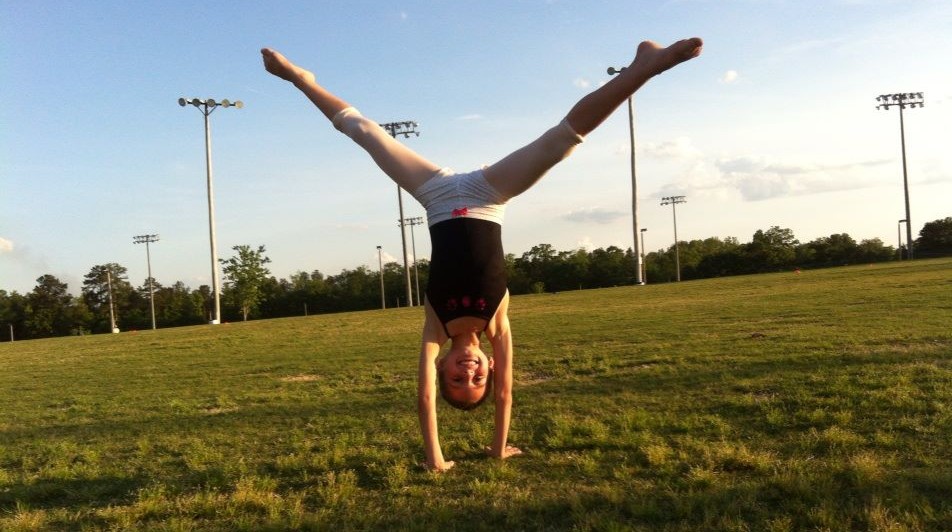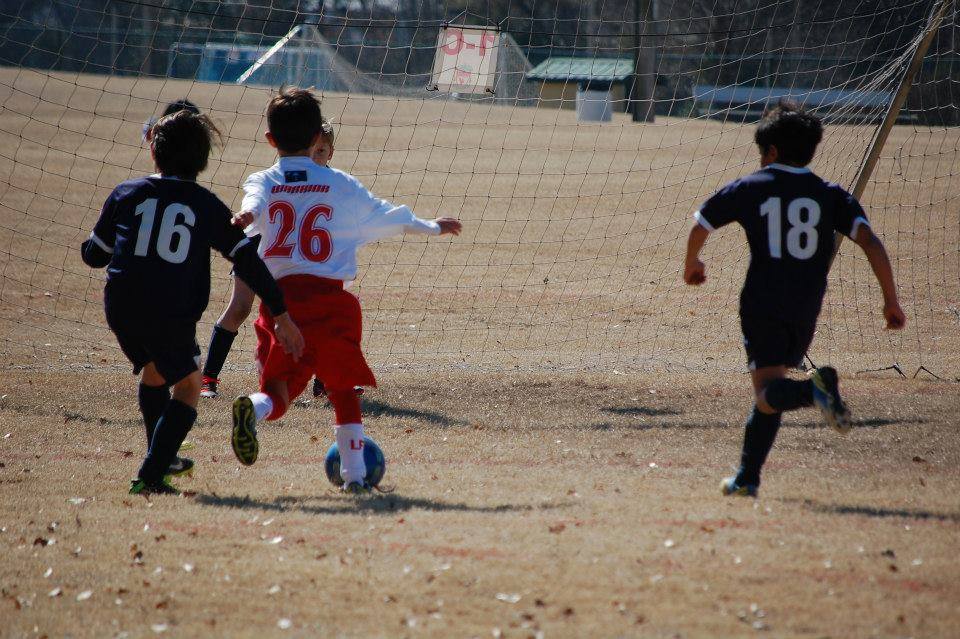Tis the season for competitive team sports and activities to start winding down. But we frazzled parents are barely able to take three breaths before we have to start thinking about next season’s schedule. When it comes to participating in sports or activities at a competitive level, decisions have to be made early, as many require camps or training during the summer months. Are you already considering what activities your children will participate in next season?
Lately I’ve read many articles explaining how involving children in competitive sports at a young age can be detrimental. Pushing a child that is too young too hard can cause physical injuries, and can also put too much pressure on a child that is not emotionally ready for it, causing that child to become discouraged and unenthusiastic about an activity he or she might have once loved. All of this is true, which is why it is so important to maintain a careful balance and only involve kids and activities that they truly enjoy at a level that is appropriate for them.
That being said, is the competitive level of sports always harmful? Of course not. As with most everything in life, moderation is key. Here are a few reasons why my older children are involved, season after season, in competitive sports (and not one of them has to do with the scholarship that they may or may not need and may or may not qualify for 10 years from now).

Team Unity
Most if not all team sports in the area can be played at a recreational instead of a competitive level. But when participation is at a competitive level, it is much more likely that most of a team will stay together season after season. This unity promotes friendships and healthy relationships on and off the field, and creates a sense of working towards a common goal.
More Challenging Level of Play
I think this is the main reason people choose to commit to a competitive level over recreational. It is easy to see a difference in an athlete who practices one hour a week and one who practices eight hours a week. This may or may not be important to you, and there’s nothing wrong with casually enjoying a sport or activity. But if you have the model of child that thrives when being challenged to perform at a higher level, then a competitive team might be the way to go. It really is so rewarding to see how proud your child can be of hard-earned accomplishments and improvement.
Healthy Competition
My children are naturally competitive. They compare everything from MAP test scores to how many seconds it takes them to run around the couch. Competitive sports provide a healthy channel for the competitive instinct.

More Leaders and Role Models in Your Child’s Life
Ideally, as parents we are our children’s greatest role models, and they cherish and meditate over every nugget of wisdom and advice we put forth.
Ideally.
In reality, I can talk until I’m blue in the face about the dangers of posting inappropriate pictures on Instagram. But no matter what I do I’m going to be speaking as a parent and my child will be hearing me as a child hears a parent. When my daughter’s dance company handbook includes a clause about inappropriate postings on social media, it backs me up. It is no longer just advice coming from a strict, overprotective parent. It lends weight to my words. A great coach or teacher is another person on your team, watching out for your child.
An Investment in the Future
And no, not that kind of investment. Like I said, this has nothing to do with scholarships. I am talking about the kind of investment that will pay off in the years before the kids go off to college (if that’s where they are headed). Competitive sports are time consuming. The time requirements only become more demanding as the participants get older and more involved. More time on the soccer field or at the gym = less time to get into teenage trouble. Of course, there are no guarantees, but let’s take every bit of help we can get to keep them on the right track.
On a Related Note: Teaching Priorities and Time Management
On Mondays my 10-year-old daughter spends over four hours at the dance studio. Between getting home from school and leaving for dance, she can either watch tv or do her homework. If she chooses tv it means that at 9 p.m. on a Monday night she will be exhausted while working on math. It didn’t take her long to figure out which was the better way to go.
On Another Related Note: Learning the Rewards of Hard Work and Dedication
When I see student athletes that are older than my own children, I often note that those that are successful and dedicated at sports are more often than not also successful at school and dedicated to their families. I realize that this might be a chicken-or-the-egg scenario. Has their involvement in competitive sports made them hardworking and dedicated in other areas? Or have they stuck with their high level of activities because they are naturally hardworking and dedicated? The answer doesn’t really matter, I guess. Either way, I want it for my children.
Less Down Time
For many this is not a benefit, but a disadvantage. I am glad that if the weather is nice and their friends are outside — outside is usually where my kids want to be. But, they are also overly attached to their tv shows and their electronics. Hours a week devoted to being more active and staying fit helps balance out all of the screen time that seems inevitable.

So there it is. A list of why much of our time and disposable income is dedicated to keeping our children engaged in their busy extracurricular schedules. So for those who are wondering what camps to choose this summer, or whether or not to sign up for another year of this or move up to a higher level of that, I hope I’ve given you something to think about. We all know our own children and families best, and what works for one child may not work for another (even in the same family!), so whether it’s a once-a-week, no-pressure sports team or 30 hours a week of gymnastics, I hope your children get to participate in and learn about what they love.
Are your kids involved in competitive sports? What would you add to this list?













